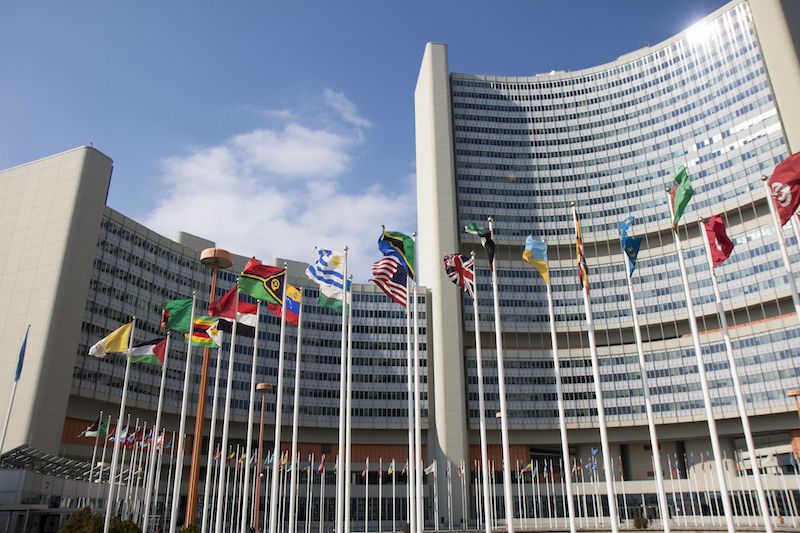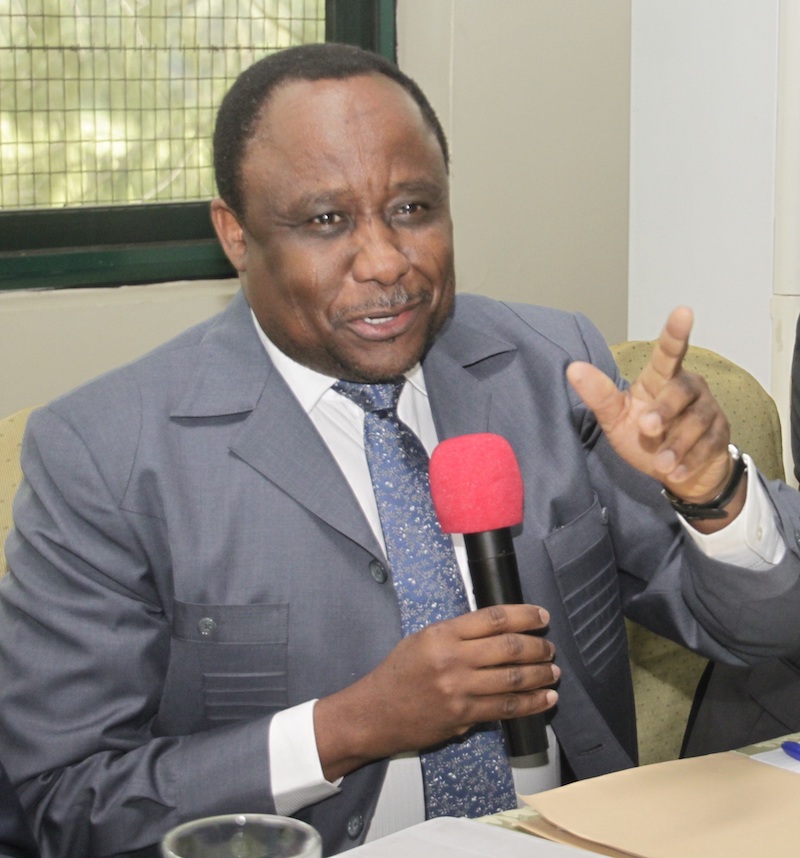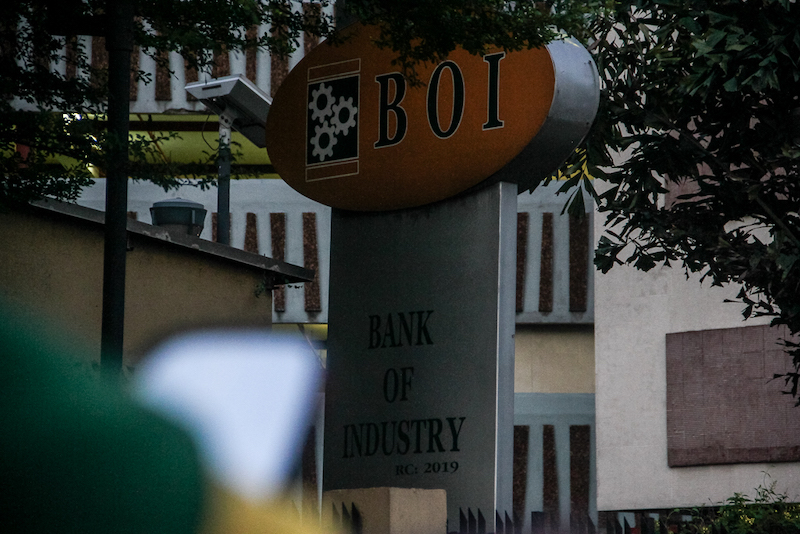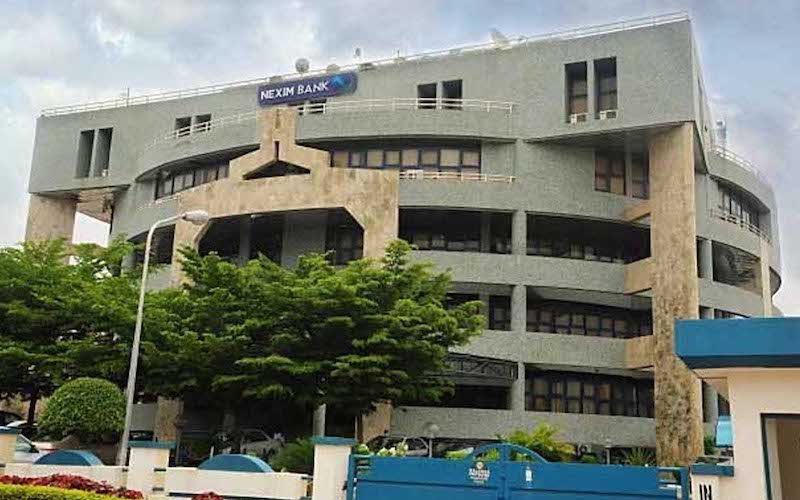It has come to the notice of the Bank of Industry (BOI) that certain persons and organisations are extorting money from members of the public under false pretences claiming to be the Bank’s agents and selling forged BOI loan application forms.
The Bank hereby restates that it does not engage agents or intermediaries to sell loan application forms or receive completed loan application forms.
The general public is hereby advised not to patronise these fraudsters and questionable characters.
The Bank of Industry’s loan application forms can be collected FREE OF CHARGE from any of BOI’s under-listed offices across the country. Prospective customers are also advised to obtain from the Bank DIRECTLY requirements for accessing financial assistance. Information can also be sourced from the BOI’s website and its social media platforms.
The Bank of Industry’s offices and contact details:
Head Office
BOI House
23 Marina
Lagos
Tel: 2715070-99
Corporate Office
BOI House
Plot 256, Zone A O
Off Herbert Macaulay Way
Behind Unity Bank
Central Business District
Abuja
Tel: 08073990022.
South West Zonal Office (Akure)
BOI House
Owo Road
P.M.B 804
Akure
Tel: 08073990023
South South Zonal Office (Asaba)
Plot 25, Block 111
Phase IV Okpanam Road
P.M.B 5099
Asaba
Tel: 08073990025
South East Zonal Office (Enugu)
BOI House
47 Coal City Estate
Behind CBN Building
Enugu
Tel: 08073990026
North East Zonal Office (Bauchi)
BOI House
Maiduguri Road
PMB 245
Bauchi
Tel: 08073990028
North West Zonal Office (Kaduna)
BOI House
18 Muhammadu Buhari Way
P. M. B 2141
Kaduna
Tel: 08073990027
North Central Zonal Office (Abuja)
BOI House
Plot 256, Zone A O
Off Herbert Macaulay Way
Behind Unity Bank
Central Business District
Abuja
Tel: 08073990022
Website: www.boi.ng
Email: info@boi.ng
Facebook: https://www.facebook.com/BankofIndustryNigeria
Twitter: https://www.twitter.com/BOINigeria










